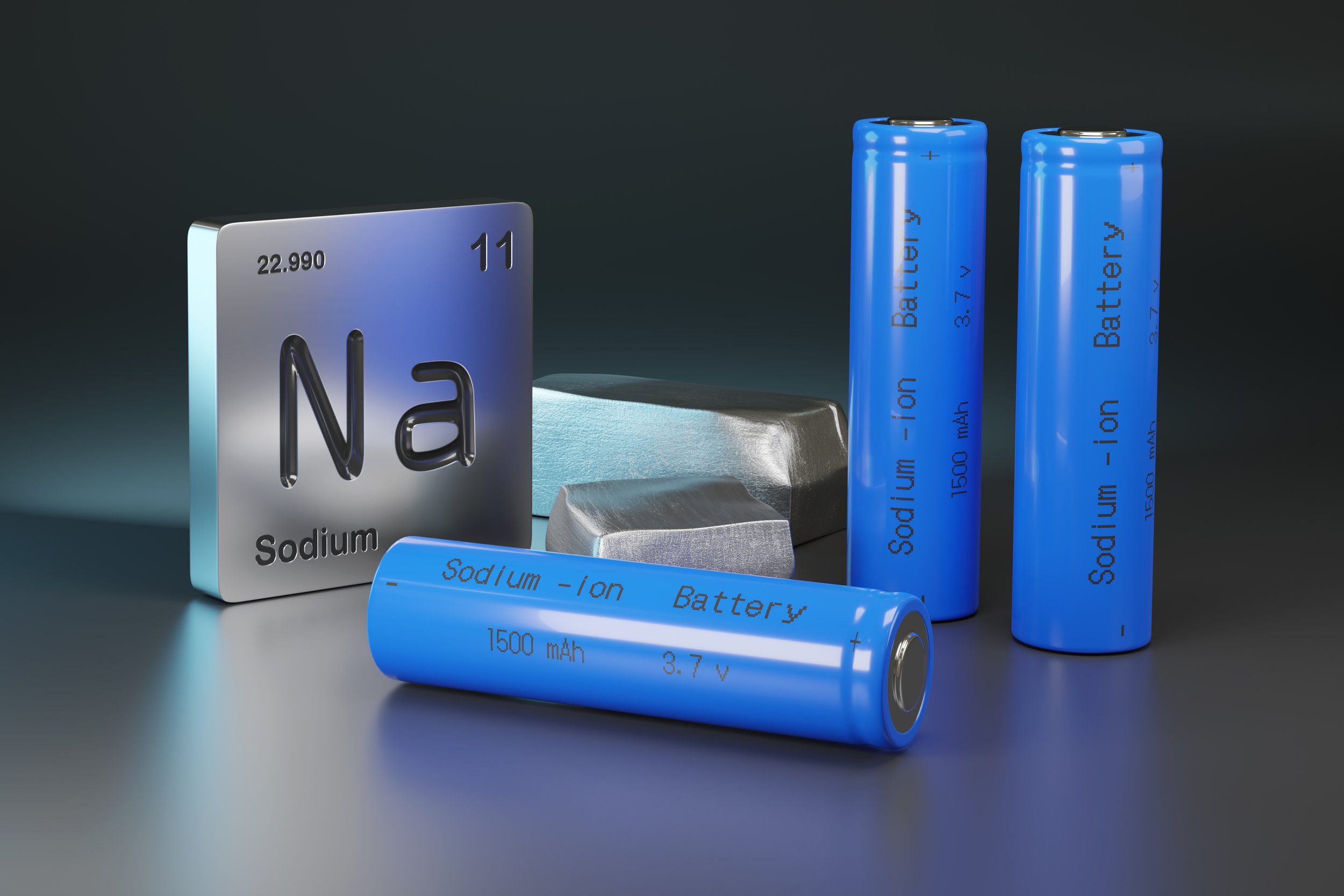
Sodium Ion Rechargeable Batteries
Vecor Technologies is excited to share our developments in novel sodium ion rechargeable batteries.
The International Energy Agency expects global battery demands to increase from
2400 GWh to 2.5 TWh by 2032.
As the world looks to energy storage solutions for renewable energy and EVs, it is vital that we ensure this technology is safe, green, and ethical.
Our Goal
Through exciting applications of electrochemical processing, we are developing a battery that can power the future transition to renewables with lower costs and higher performance than other alternatives on the market.
With these unique applications of electrochemical processing for the fabrication of cathodes, we can achieve uncharacteristically high-surface areas. These allow easy engineering of precise compositions, morphologies, microstructures, and particle sizes with great precision to optimise battery technology.
Outstanding Performance — High energy and power densities
Long Life — Cycling stability of >4000 hours
Rapid Charging and Discharging — three minutes each
Low Cost — lower than any battery on the market
Current market alternative sodium ion batteries
Vecor sodium ion batteries which exhibit significant increase in
surface area
KEY ADVANTAGES
Absence of strategic materials
Use of sodium instead of lithium
Absence of toxic chemicals
No hydrocarbons
Ease of scale up
Squared centimetre to squared metre
Low intensity processing
45 min, 20°C, and requiring only a single piece of basic electrical equipment
Why Sodium?
Lithium-ion batteries emerge as the leading energy storage solution in a future characterised by renewable energy and EVs. However, the extraction methods for lithium is extremely energy intensive and leads to air and water pollution, groundwater contamination, and land degradation.
Comparatively, sodium metal represents a much lower impact source material that can be recycled and contribute to a circular economy.
Our sodium ion battery is projected to be unique amongst the market for its low cost and outstanding performance. Here is how our coin cell prototypes scale against current market competitors.
COST COMPARISON OF BATTERY MATERIAL ($USD/KWh)
For more information, download Vecor’s Sodium Ion Battery Brochure below.





